Heating when the grid is down:
Beyond lighting, cooking and general home operation, the biggest risk to home comfort and security in a power outage is not being able to heat your home. Lighting with candles and eating a cold dinner is manageable, but not being able to keep your house warm in winter is another matter altogether.
Obviously, if you heat electrically (furnace, baseboards, boilers, heat pumps, etc) you're beat if the grid goes down, but even getting a gas or oil furnace to operate will require electricity. Almost all pellet stoves require power to run a hopper to feed fuel into the fire(with two exceptions)so, outside of the most efficient passively-heated homes, it's really just a traditional wood stove that will save your bacon (or help you cook it) when the power is out.
A photovoltaic (PV) solar array that is designed to run the basic systems of your home, excluding heat, likely wouldn't be enough to heat your whole house if you diverted power to heating, but in the event of an extended power outage it might be able to supply you with just enough heat for critical areas to prevent you from having to seek shelter elsewhere. And this is something that can only be achieved if you have your own in-house battery backup-system to store power.
Will solar panels give you cheap energy?
Your local electricity rates weighed against the 'per kilowatt hour' rates for installing home PV systems is really what will determine the value and payback period; but system prices, product quality and warranties keep making PV solar panel systems more enticing and competitive. A solar contractor will have those answers for you.
光伏系统和电池备份可以消除受波动电价的支配。即使系统不能完全满足你的日常需求,电池也可以在低电价时段由电网充电,这样你就可以在高峰电价时段充电,而不用花很多钱。
随着电池技术的进步和价格的下降,这类事情将在未来占据主导地位。如果为商业和住宅建筑配备电力存储设备开始成为主流,它将解决可再生能源的一个严重缺点,即你不能总是在你想要的时候得到它——风不总是吹,太阳不总是照。对风力涡轮机的一个主要批评是你在晚上得到了很多你不需要它的时候,所以能够储存多余的风力使它更可行。
Protecting your home from flooding:
When do you get power outages? Most often they are caused by severe storms with heavy rainfall, when wind can drop branches on power lines and cause failures. Is your house at risk of flooding and do you have a sump pump? Will it be able to function when the power is out? PV panels can ensure that they will, and in the absence of those it can be worth looking into a dedicated sump pump battery backup.
Fridges and freezers:
我们当中那些考虑到在不利情况下家庭恢复力和自主性的人可能会在冰箱里放一些供应品,如果你长时间没有电,你可能会以一堆昂贵的不能吃的食物告终。最简单的解决办法,尤其是在电力中断频繁的地区,是一个小型便携式发电机。它不是你必须每天都要运行的东西,但每天一次或两次给它充电,向你的冰箱和冰柜中注入一些冷的东西,可以保护你的食物供应。
Greenhouse gas emissions:
The way the grid operates is that your home is effectively fed by the closest power source. Meaning, if you live next to a nuclear power station or a gas or coal plant, that is how your house is powered. If you live closer to a hydroelectric dam, solar farm or a windmill, you are already a consumer of renewable energy.
在这种思维的指导下,从气候良知的角度来看,真正决定你是否会通过安装太阳能电池板来减少个人排放的是你的当地能源。
Installing home battery systems:
In the earlier days of off-grid home construction and home power storage, the only home battery option on the market was the lead/acid variety. The unfortunate realities of their size, cost, lifespan, material composition and lack of recyclability made installing one less of a noble gesture and more of a move towards self-preservation (not that there's anything terrible about that). This is actually changing now - lead/acid batteries still take a large share of the home battery market, butnew lithium-ion batteriesare constantly hitting the market with better capacity and 'smart' technologies that allowbattery systems to adapt to your personal consumption patterns.
Transmission line losses:
向没有本地发电的地区远距离供电会导致输电过程中大量的线路损耗。Micro-power generationcan greatly reduce that; it also decentralizes power so less people are affected if one source goes down.
Resilient home design:
Achieving autonomy and resilience in home construction is not only possible, but contrary to popular opinion, it can actually be quite affordable. The size and cost of a solar panel system is determined by your demand, and your demand is determined by your use. If you reduce your interior loads by opting for things likeheat pumps,LED lightsand water-saving faucets, and make sure youfix leaking faucets to save water, you save money directly but you also reduce the size of the solar panel system that would be required to meet your demand.
Now think of that in terms of heat - insulation is cheaper than solar panels, so that should be your starting place. If you reduce the heat loss of a home by 70-80% (which is not that hard to do with a new building), you reduce the amount of panels required for heating by that same amount and suddenly heating a house with an active solar panel system becomes more realistic. Even more so if you design for passive heating as well, which can potentially cut demand in half on its own.
It is our humble opinion that financial resources are often squandered in home construction when we assume there is no affordable performance option beyond the tragic heat loss that occurs through houses built to meet the outdated performance requirements of Building Code. In such cases, we apply large sums of money towards heating infrastructure and operation, money that would have been much better spent reducing heat loss in the first place by investing in a better building envelope.


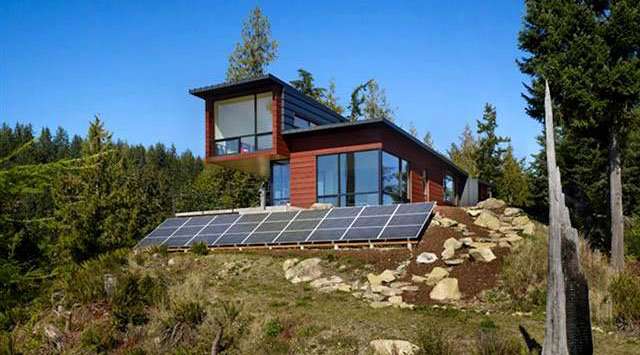















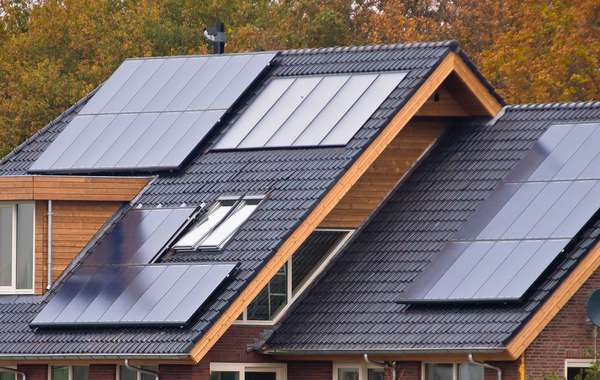
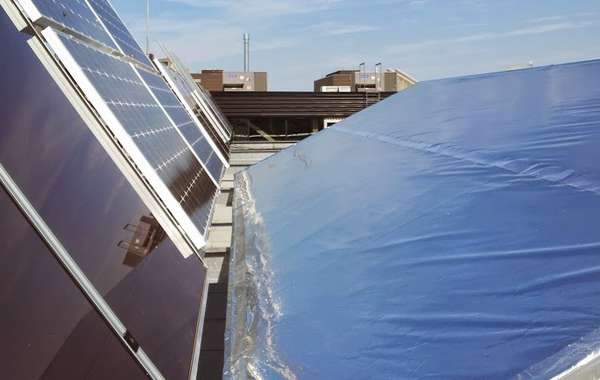
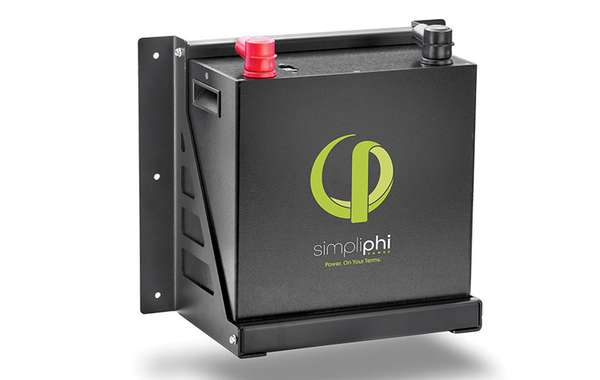
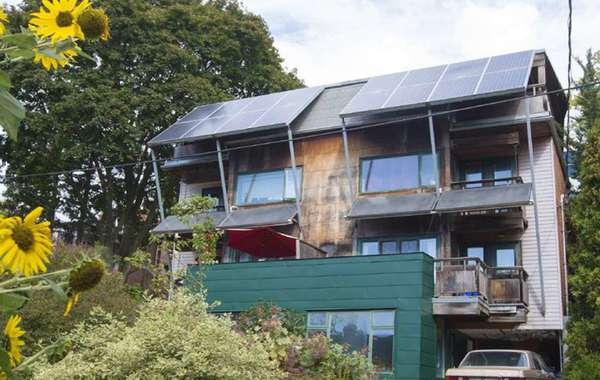
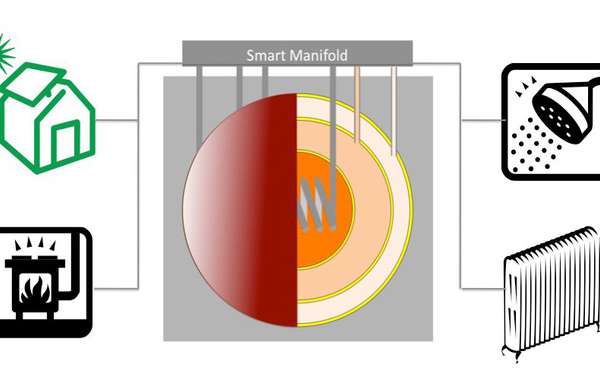
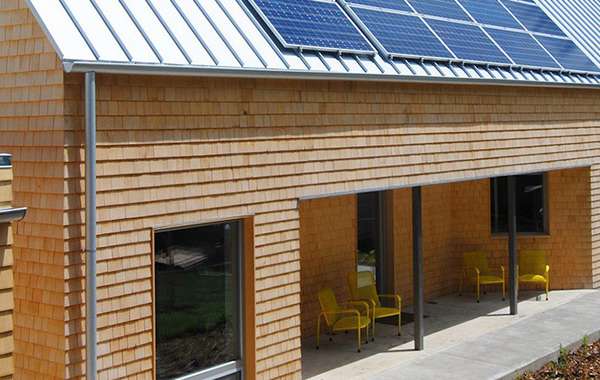
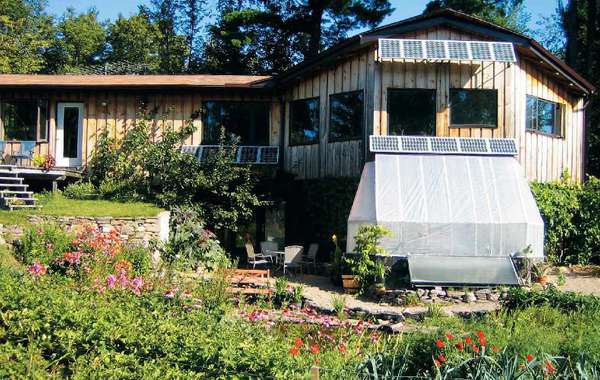
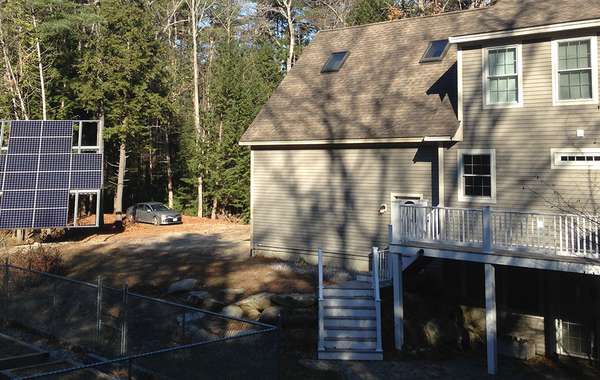
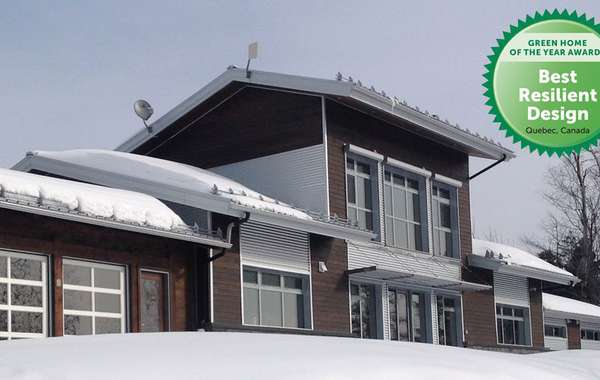

Comments (0)
Sign Up to Comment